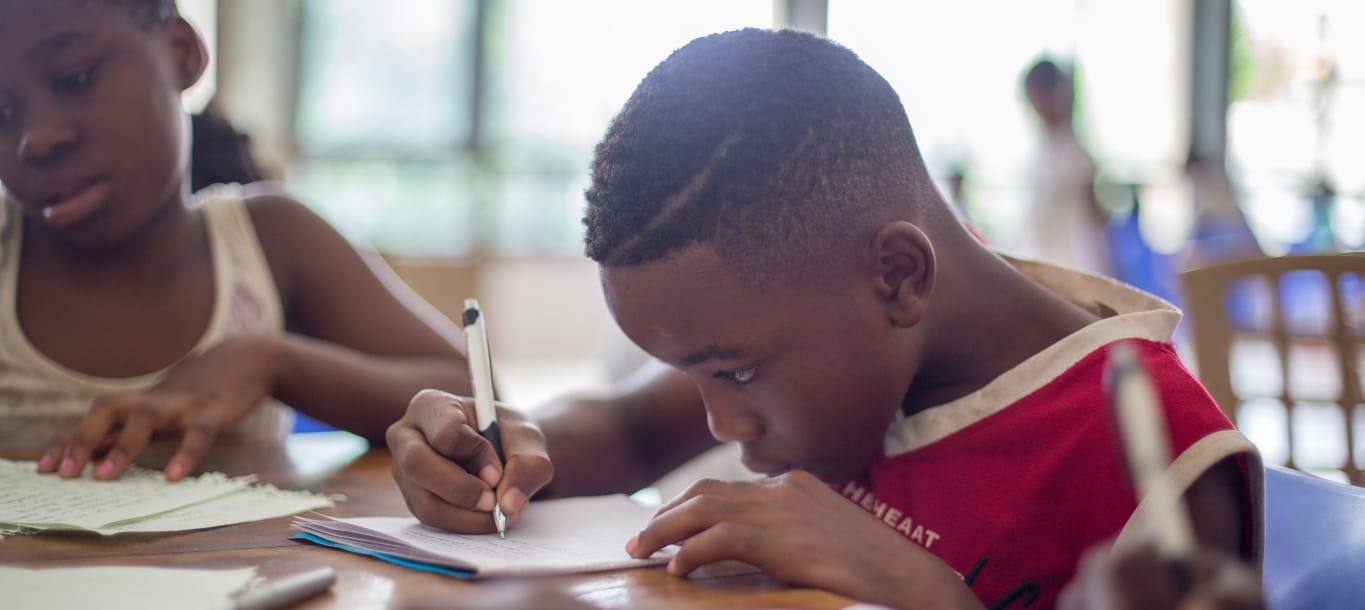In the last few days I've been reflecting on some of the comments some of my primary pupils made in the classroom. Around 20 years ago, the main career option and aspiration for pupils in my school would have been for the girls to dive into motherhood at 16-18. Their aim was to repeat the patterns that they had seen within their family. Most of the boys wanted to be footballers. In my experience, within the primary age currently, there still are many boys and now girls aspiring to be footballers.
Changing times
Times have changed at my school and also at other schools across the country. The culture within my school very much changed as we developed a rich science curriculum where students really delved deeply into science. That career mindset was changed predominantly with the messaging that we gave our pupils.
Children were exposed to a range of different science careers and a range of different science role models. Pupils began to think outside of their immediate vicinity and many of them actually thought about touching the stars, due to school trips and experiences like visiting a space centre and meeting real, breathing scientists.
Pupils began to think about becoming astronauts, thinking about becoming mechanical engineers, simply because our curriculum had developed that way. I remember pupils asking me if they could be chemical engineers or astrophysicists. Of course, the answer would be, “Yes, you can!” That journey with the pupils and staff at my school is hopefully a journey that all schools are on. Providing role models, providing aspirational careers options and opportunities for our pupils is so important as early as in Nursery and Reception.
Increasing awareness
Pupils need to know about different careers and need to be made aware of the opportunities that they could access if they wanted to. This is something that is not solely for our secondary colleagues and secondary students to consider, but this needs to start much, much earlier in our nursery, outdoor play areas and free flow areas in the Early Years Foundation Stage. Using stimuli like story books and poems are a great way to introduce careers to the youngest pupils at school, like Rosie Revere Engineer and Iggy Peck Architect.
There are now a wealth of resources out there promoting different STEM careers and providing students with a diverse group of role models. Initiatives such as ‘Smashing Stereotypes’ from the British Science Association, ‘A Scientist Just Like Me’ from the Primary Science Teaching Trust, ‘People Like Us’ from the Institute of Physics, and NUSTEM have all created fabulous resources that are readily available and free to use in primary and secondary education, as well as the growing home educators’ group and parents who want to chat about careers at home.
Gone are the days when we think scientists are men in white lab coats. We are seeing a range of diverse scientists on our screens, in books and as our mainstream role models to motivate and inspire all of our pupils!
The importance of hearing diverse voices
We need to see it to be it, but we also need to hear it too. Over the past two years, this has felt increasingly important. Hearing an accent or a dialect that sounds like yours is also so important.
Breaking down the barriers that often a voice or words can have is hugely important. It is vital for children to hear regional variations in pronunciation and accents among science role models, so they immediately know: “This person comes from where I come from!” This is particularly important when we think about underrepresented regions, like the South West, North West and the home nations.
Part of the work on the resource ‘A Scientist Just Like Me‘ has been to bring those diverse scientists, with their authentic stories and voices, coming from geographically diverse regions, in front of young students who will soak in those stories.
It is important to show science is for everyone, everywhere and showcasing scientists from Devon, Norfolk, Edinburgh, Belfast and the Welsh Valleys has been important, so children know scientists are working on their doorstep and in their region and not confined to a hospital or to London and the South East.
